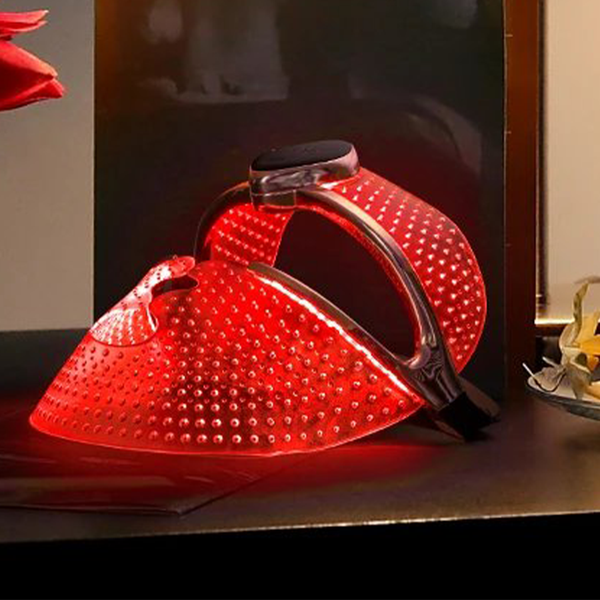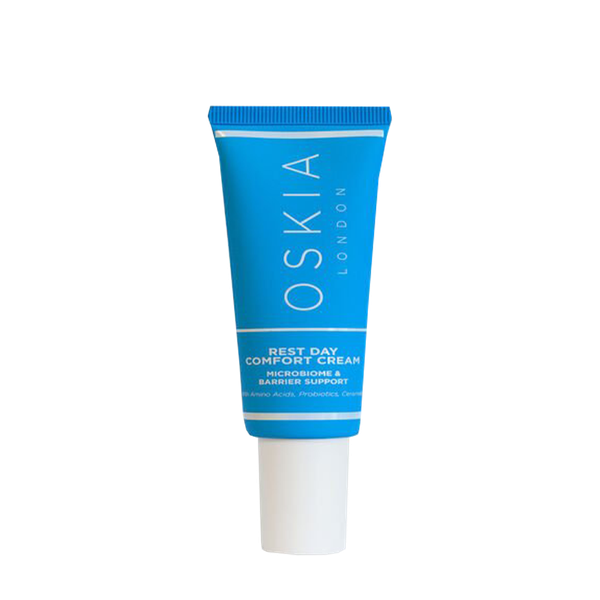
A Quick Guide To The Skin Microbiome
Let’s start with the basics, Ed. What is the skin microbiome?
Well, the skin biome includes the skin, its microbiome, and its environment (pH, moisture, temperature, etc.). The microbiome is the collection of microbes – including bacteria, fungi, archaea and viruses – that live on and in the skin. A balanced or ‘normal’ microbiome can compete against pathogenic organisms (bad bacteria) for space and nutrients, protect the skin from environmental stressors, strengthen the skin barrier, and produce metabolites such as vitamins, amino acids and antioxidants essential to skin health and vitality. Caring for the full skin biome is the optimal way to care for the skin as a whole.
This feels like relatively new news?
In the last five years, the gut microbiome has become a focus, and we're learning that this is intrinsically linked to other body parts like your skin. Bacteria are responsible for producing proteins via their metabolic processes and having an anti-inflammatory effect on the skin. They also regulate the amount of oil the skin produces and help maintain a healthy skin barrier. If you have an impaired skin barrier, perhaps through microbial imbalances, this increases transepidermal loss and you lose moisture at a higher rate. We see it in winter because of the cold, the wind and the blasts of central heating that dry out your skin and drive inflammatory processes. But we also see it because people are often using gifted skincare products at this time of year that aren’t suitable for them, including harsh exfoliants. Plus, increasingly, skin influencers are flogging abrasive skin products like Tretinoin, which can aggravate the skin if used without medical supervision. These things can affect the skin microbiome and impair the skin barrier.
How are more responsible skincare players adapting to the new information?
The industry is shifting away from harsh exfoliants towards repairing and nurturing the skin barrier. This means moisturisers – which prevent transepidermal water loss by providing a barrier and drawing water into the skin – and now bacteria-based skin products. For example, lactobacillus is one of the more common bacteria you get it in your Yakults, and it provides an element of good bacteria to the skin which can help produce proteins. We're also seeing postbiotic products that provide the proteins usually made by bacteria and apply them directly to the skin. These anti-inflammatory proteins nurture the skin barrier.
Just talk us through prebiotic, probiotic and postbiotic…
A probiotic is a beneficial live bacteria that provides health benefits by producing metabolites to create a positive environment. A prebiotic is a substance that provides the right food source and environment for the bacteria. A postbiotic is a metabolite of bacteria that provide health benefits to the host.
And how are you adapting your own treatments?
Obagi Rebalance has postbiotics which I've been using to help heal people's skin. Then there's Biojuve which utilises a proprietary strain of bacteria known as Xycrobe Technology. It’s a subspecies of the most prevalent bacteria species on the skin of every human and is associated with good skin health. The Biojuve product comes as a gel that you activate by spraying on your skin. I'm getting great results from it with patients who have impaired skin barriers from using the wrong products or suffering with acne or rosacea.
If someone wants to look after their own skin microbiome, where should they start?
Looking after your gut is going to look after your skin. Consuming lots of sugar, eating processed foods, smoking cigarettes, and drinking alcohol are the worst things you can do for your skin. High amounts of sugar in your diet impair your gut bacteria, but a high blood sugar level also causes glycation in your skin. This inflames the skin – because bacteria love sugar – and that can cause a bacterial imbalance that eventually impairs the skin barrier.
My most straightforward advice is to have a diet that is low in processed foods and high in fibre. Your gut bacteria love fibre because it increases food transit through your GI tract. Ideally, you want to get as many of the nutrients as possible through food rather than supplements that aren't absorbed particularly well. Take magnesium and vitamin D because we don't absorb much vitamin D through our diet and we don't get very much sun in this country. Those two can help your skin, and sleep is a huge factor too
LED light therapy is another hot topic in skincare – can that help here?
LED therapy is fantastic for helping your skin microbiome and suppressing negative bacterial overgrowth. Within the multiple wavelengths, blue, red, and near-infrared target inflammation and bacteria. Professional LED panels are really good, but they’re expensive. However, most face masks aren’t worth the money – only the bit of your face directly touching the LED feels the benefit, so they tend to only do a negligible amount of good. The at-home LED devices worth buying are around £1,500, with less effective devices at maybe £200-£500. Also, people tend not to clean them between uses and that can make skin problems worse.
Finally, Ed, is there anywhere else you see people tripping up with their skincare?
Beware of social media. Increasingly, I see people who have learned everything from social media, which takes 30 seconds to inform you about something very complicated, oversimplifies it, and misapplies the information to an entire population. See a professional if you feel your skin barrier is impaired or your breakouts, redness or sensitivity aren’t being managed. You need a bespoke consultation based on your skin because everyone is different.
Using antibiotics to treat conditions is like using a sledgehammer to crack a nut. It wipes out most of the bacteria and comes with side effects. So, anything better targeted with fewer side effects (like microbiome-targeted treatments) is always going to be an advancement. However, again, I stress to always seek medical advice with any condition.
Visit DrEdRobinson.co.uk
SHOP THE EDIT
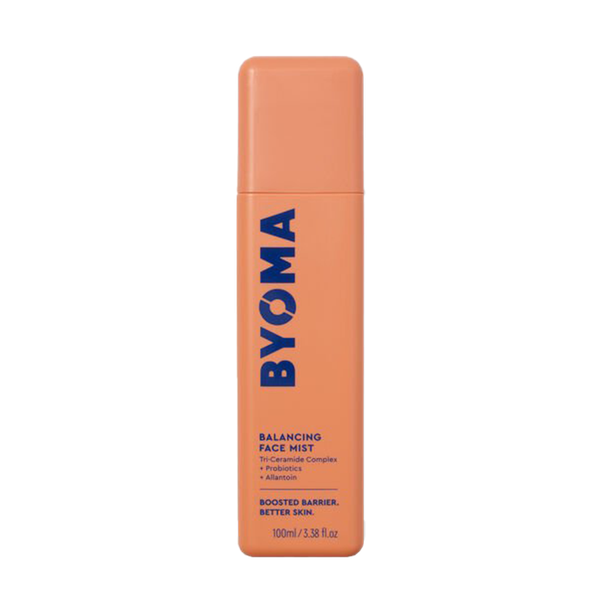
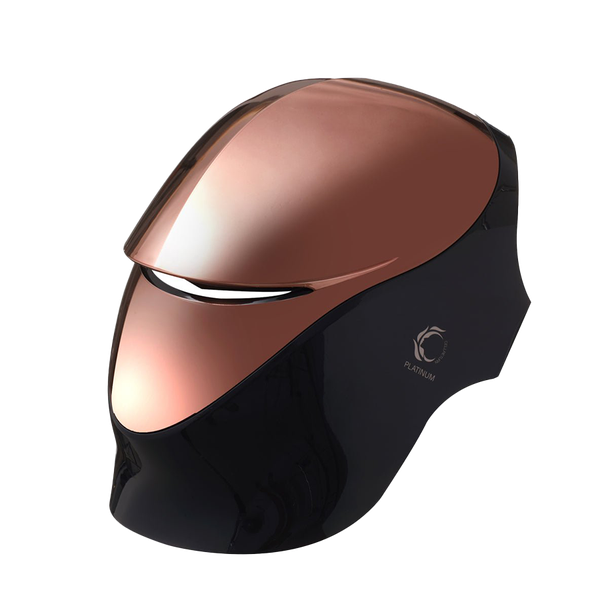
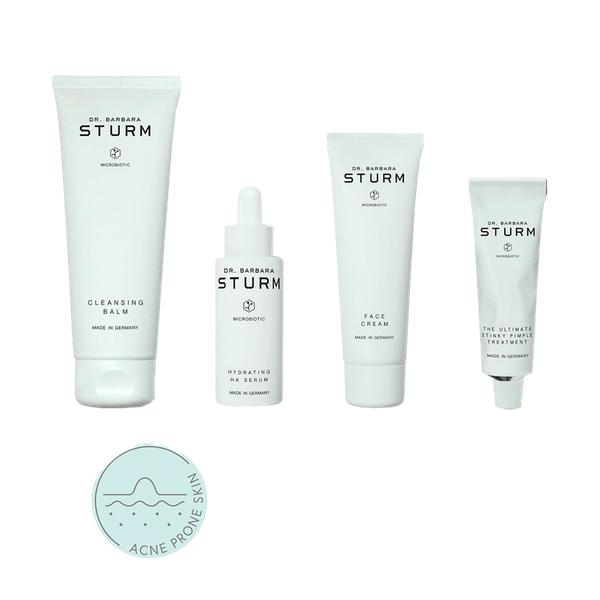
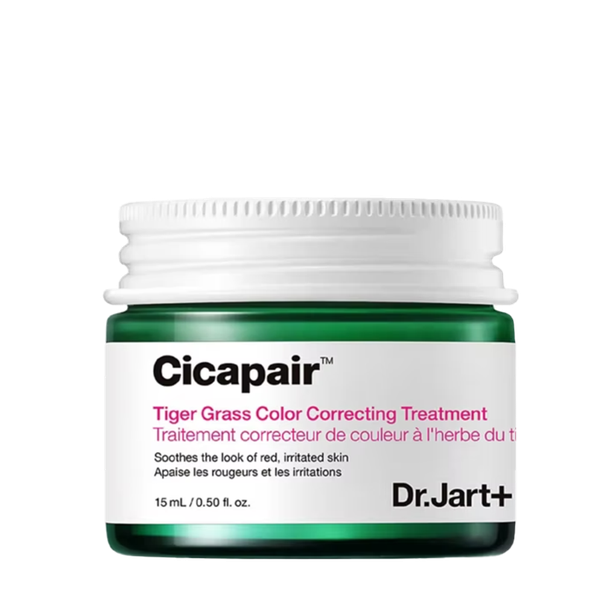
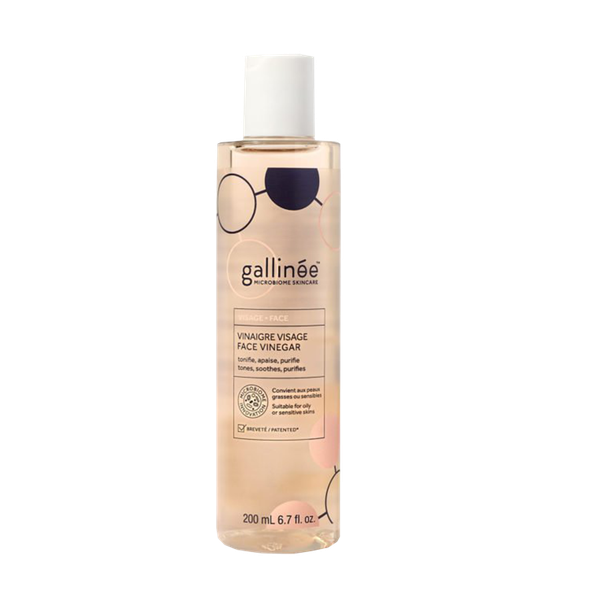
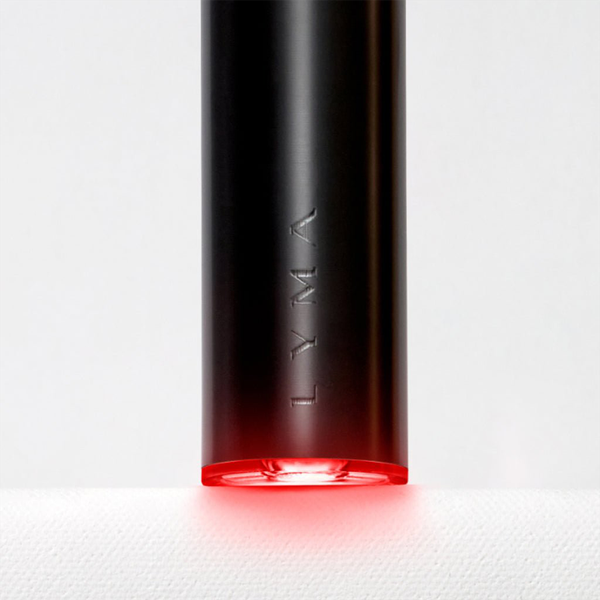
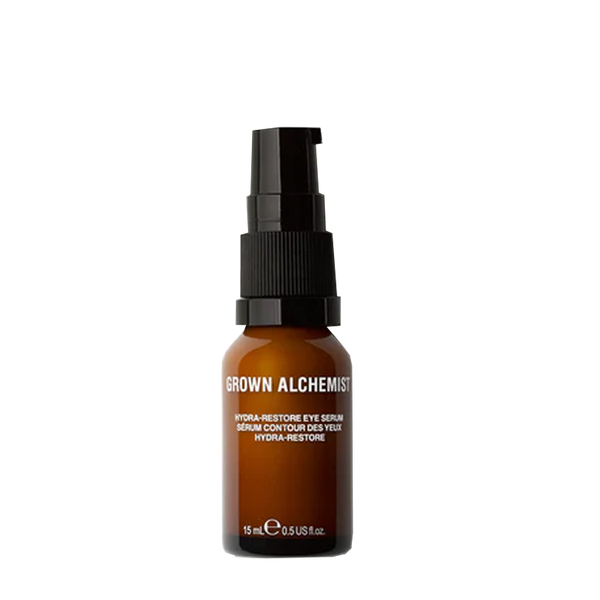
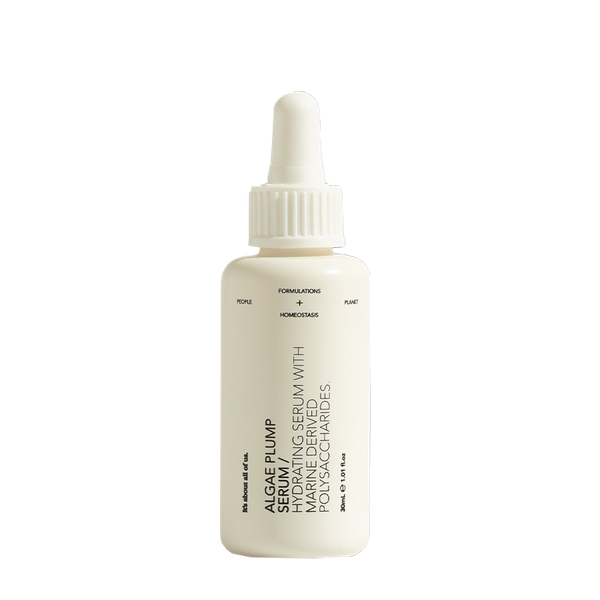
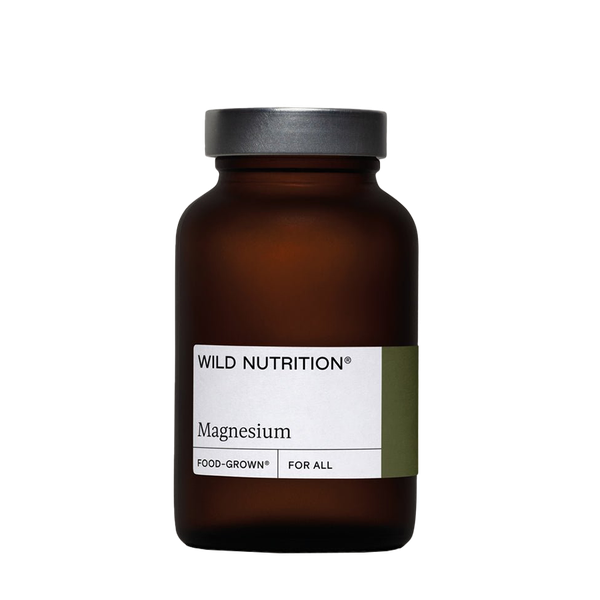

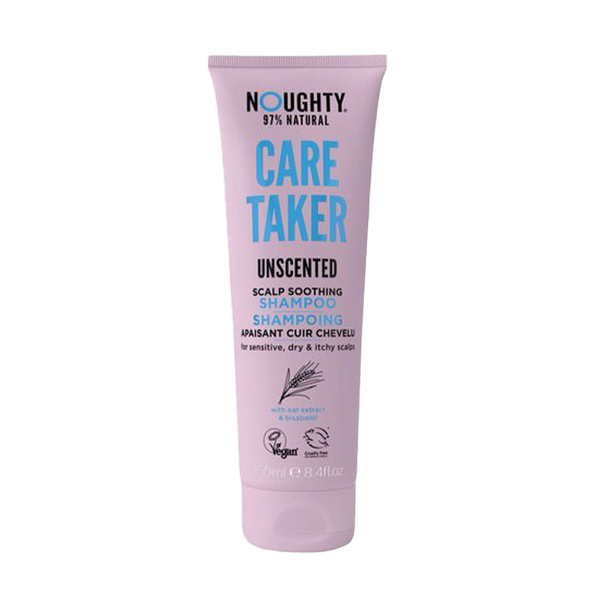
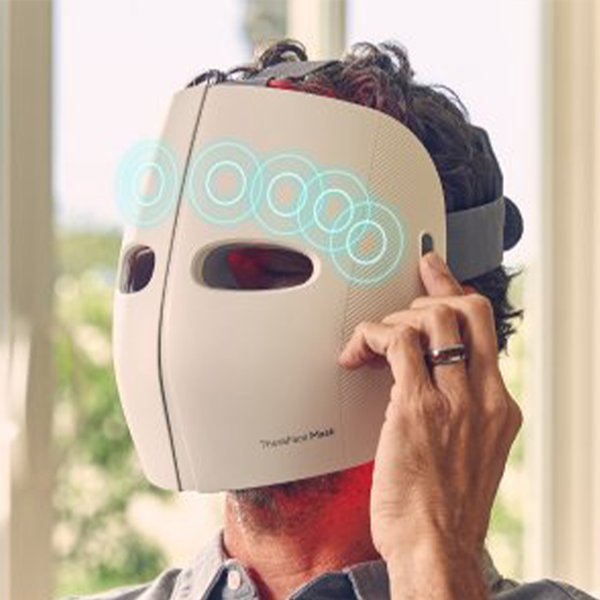
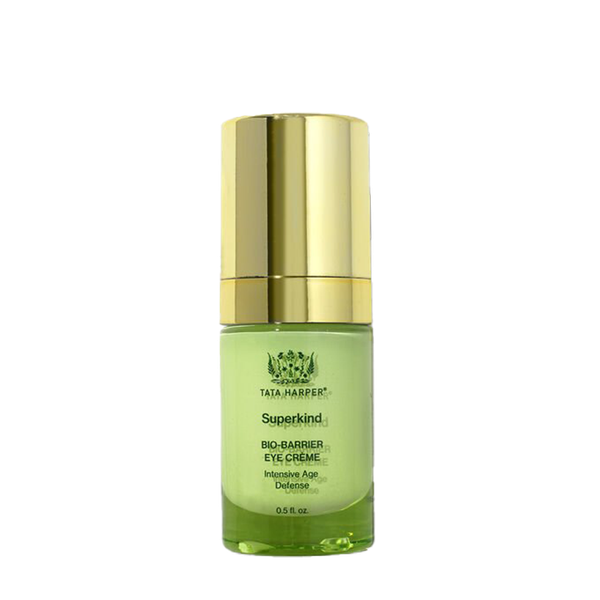
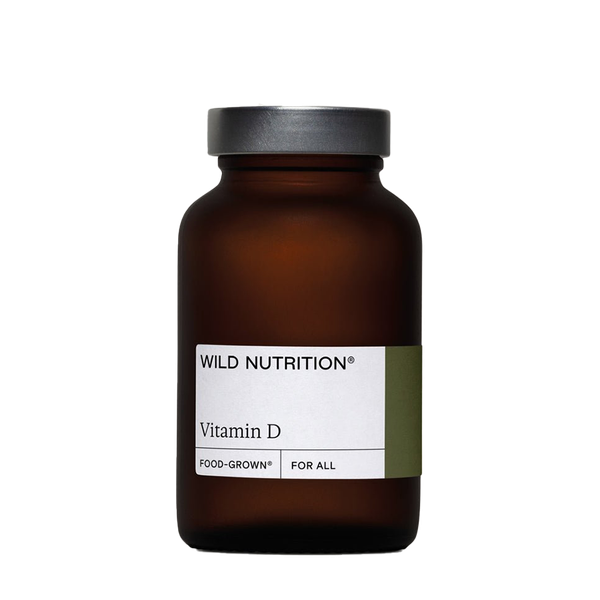
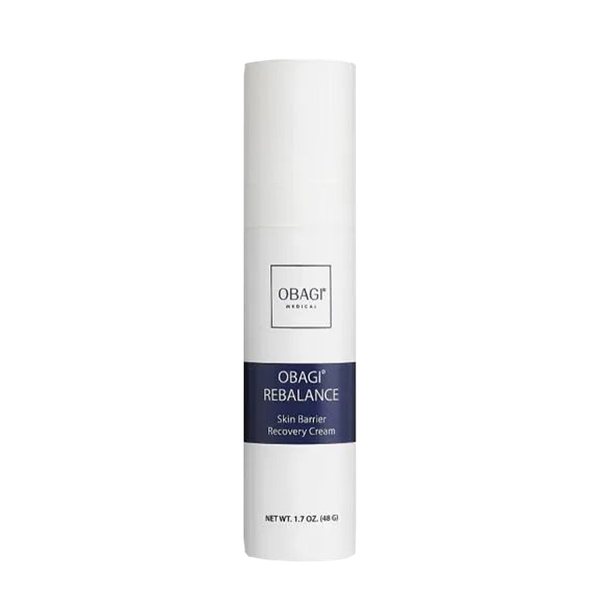
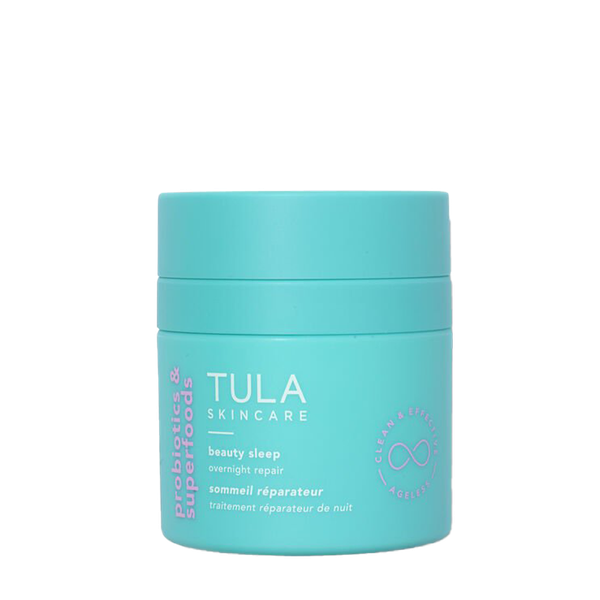
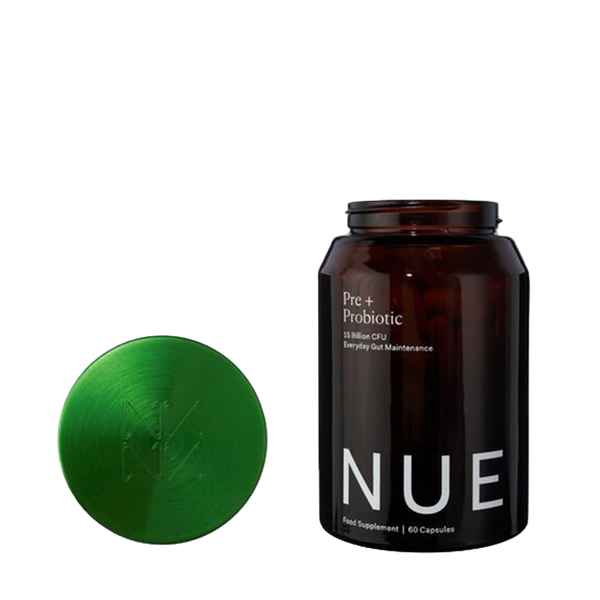
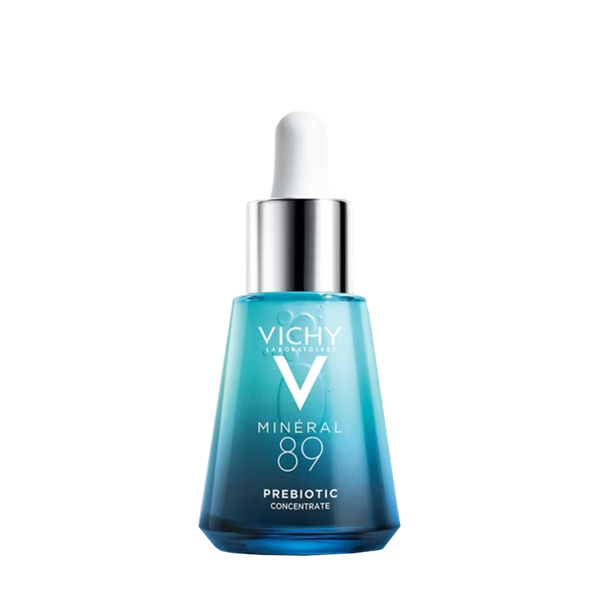
All products on this page have been selected by our editorial team, however we may make commission on some products.
DISCLAIMER: We endeavour to always credit the correct original source of every image we use. If you think a credit may be incorrect, please contact us at [email protected].
